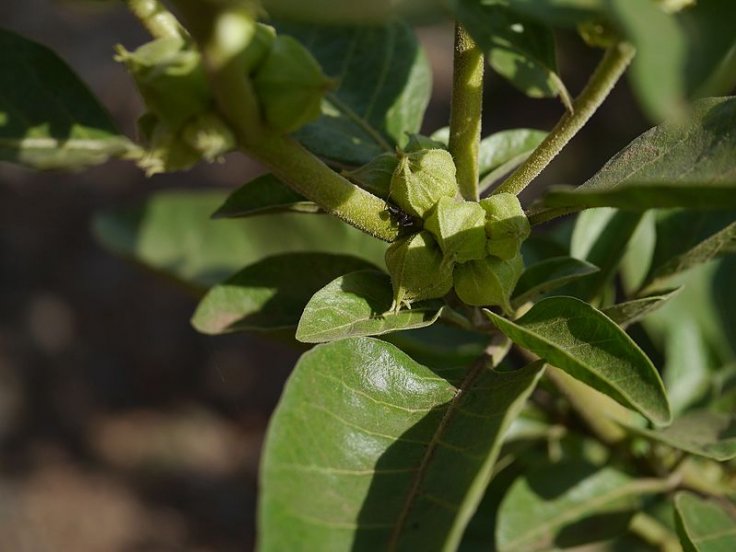As researchers around the world race to develop a vaccine for the novel Coronavirus, which has killed over 578,600 people and affected more than 13,323,000 individuals globally, the COVID-19 disease has forced global economies to shut down and brought normal life to standstill. But some of the top experts from the U.S. have discussed two ancient practices that may be beneficial to those suffering from Coronavirus.
In a paper, published by researchers from Massachusetts Institute of Technology, Harvard University, University of California-San Diego, and Chopra Library for Integrative Studies, experts have explained the benefits that yoga and meditation may have an adjunctive treatment to COVID-19.
The details related to Coronavirus treatment, published in the Journal of Alternative and Complementary Medicine (JACM), where the top university researchers have explained that the anti-inflammatory effects of yoga and meditation could help make them adjunctive, or supplemental treatment to novel Coronavirus. They said such practices can help reduce the severity of the Coronavirus infection.
The Ancient Remedy
Earlier studies claimed that yoga, meditation, and pranayama, which is a breath control exercise, not only help fight depression and strengthen brain networks but also help reduce stress and inflammation in the human body.

Previous studies have shown promising immune system effects that could improve lung condition, reduce vulnerability to viruses, and improve defense against severe respiratory infections. One such study has shown that 90 minutes of yogic stretching can increase the levels of two important antimicrobial peptides which are expressed in respiratory cells. It was also revealed that yoga and meditation also help to extend the interaction between the nervous system and the immune system in the human body.
As per the newly published paper by top researchers in the U.S., the authors explained that they found evidence of stress and inflammation modulation, and also preliminary evidence for "Possible forms of immune system enhancement, accompanying the practice of certain forms of meditation, yoga, and pranayama, along with potential implications for counteracting some forms of infectious challenges."
The researchers noted that yoga and meditation may also enhance the activity of melatonin, which could be useful to treat SARS-CoV-2 as melatonin is protective against lung injury caused by a ventilator in animal models.
John Weeks, the Editor-in-Chief of JACM encouraged world researchers to pay more attention to how more natural treatments could be useful to fight the global pandemic. He said the new paper is another in a series in JACM and in other integrative medicine journals suggesting that "Research agencies in the U.S. and Europe would serve their citizens by upping their exploration of the potential contributions of natural health practices, especially amidst the present dearth of conventional treatments."

The authors of the study are convinced that these two ancient practices could help treat the coronavirus while noting that in the context of novel Coronavirus pandemic, the ideas "must be put to further rigorous scientific investigation."
Can Ayurveda Help Coronavirus Patients?
Historical records showed that Ayurveda has originated around 6000 BCE as an oral medication. Some of the concepts also claim that it existed since the times of Indus Valley Civilization and then it slowly spread from the Indian subcontinent. In modern days, some of the products used in Ayurvedic medicine contain herbs, metals, or other materials that may be harmful if used improperly or without the direction of a trained practitioner. In the U.S., Ayurvedic medicines are regulated as dietary supplements rather than as drugs, so they are not required to meet the safety and efficacy standards for conventional medicines.
As of now, there is no solid proof that Ayurveda can cure COVID-19, but a study conducted by two experts in Ayurvedic treatment claimed that despite a patient in India who developed symptoms like high fever, severe body pain, and severe cough, along with many other associated symptoms of COVID-19, "the progress of the disease could be arrested within a short period by being exclusively on Ayurvedic medicines."

Already, the Institute of Medical Sciences of Banaras Hindu University has decided to start the study of using Ashwagandha (Withania somnifera) as an experimental medication for prophylactic use among frontline health workers, who are at the high risk of contracting the virus. In addition, Yashtimadhu (Glycyrrhiza glabra) is under study as an adjunct therapy with the standard treatment of allopathy on novel Coronavirus patients with mild and moderate symptoms.









